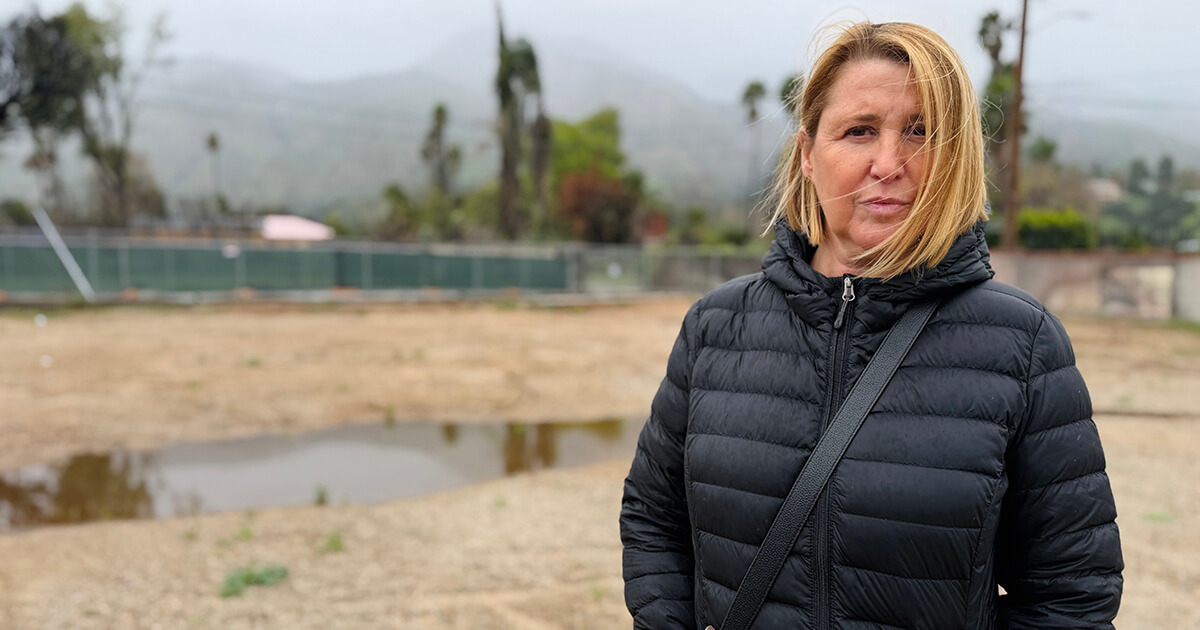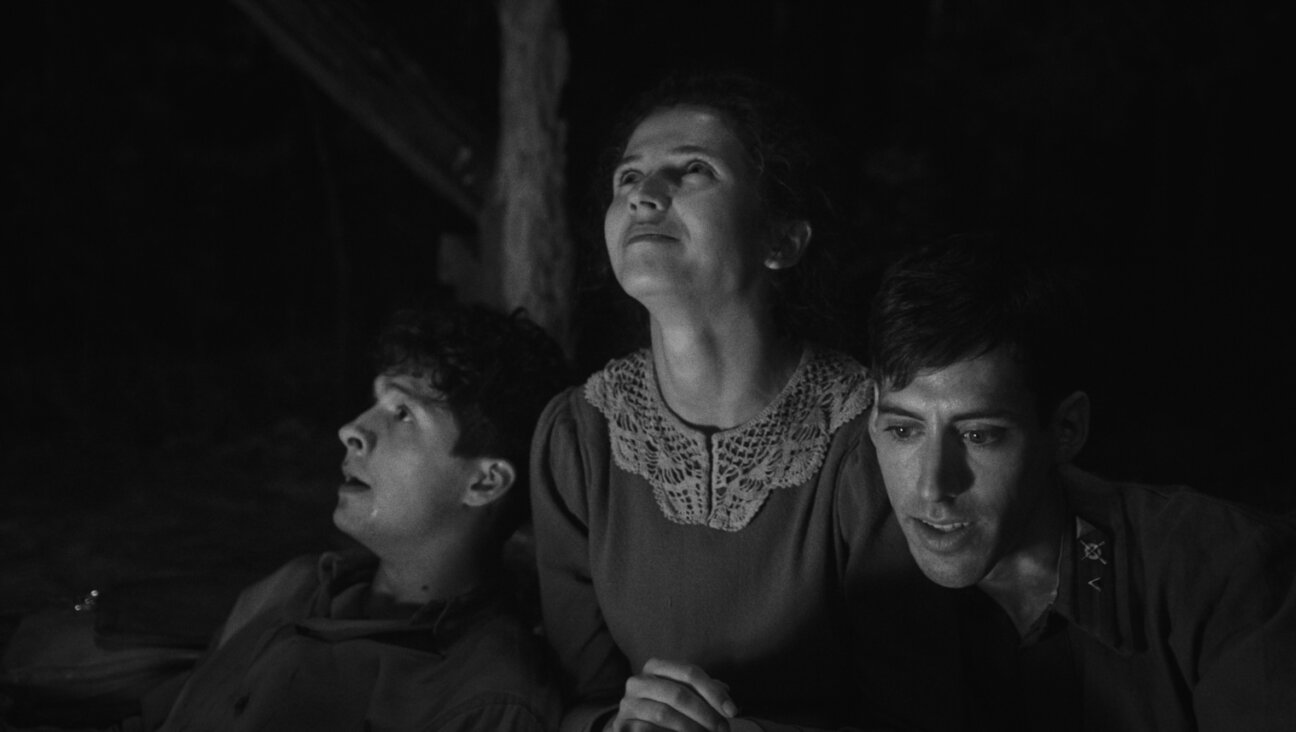Israeli Designer Goes Her Own Way
Roni Rabl has a name for women who have a difficult time finding clothes that fit: She calls them “the forgotten.”
And so after 20 years as a designer, she decided it was time to help remember them.
Last summer, Rabl and her daughter, Yael Edelist, opened Rootchi, an elegant store specializing in so-called “missy” sizes (8-22), on Manhattan’s Upper West Side.
“Larger-sized women deserve the same attention as skinny women,” Rabl, a 61-year-old Israel native, told the Forward, “yet they have fewer choices.”
Rabl knows from firsthand experience whereof she speaks.
“It’s so frustrating when I go into a store and my size is XXL,” she said. “In my clothes, I’m a size L. Women want to feel attractive when they wear clothes, and the smaller the size, the better they feel.”
When the fashion industry considers a size 6 to be average, it’s no wonder women are struggling to find clothes that fit. But as America’s waistlines expand, old standards become obsolete. Recent Census Bureau findings show that 62% of the adult female population — or six out of every 10 women — wears a size 12 or larger. In this light, Rabl’s sizes don’t seem so out of the ordinary. Among her customers, the most popular size is a 14. And business is good: The store has already expanded.
Rebecca Joseph, a rabbinical student in her mid-40s, was walking by Rootchi recently when a knit sweater jacket hanging in the store’s elegant window caught her eye. I could use a new top to wear to synagogue, she thought, and she walked in.
Once inside, Joseph felt right at home. She heard the saleswomen speaking Hebrew and immediately recognized a few ladies from her Upper West Side neighborhood. She waved hello. In the past, Joseph admits, she’s had difficulty finding nice clothes that fit her stately frame. “This line has a lot of variety for women of all different sizes,” she said. “There is so much to choose from. It’s great for women who want to dress modestly, attractively and comfortably at an affordable price.”
Rabl’s line is sold in some 500 specialty stores in the United States and in a few stores abroad, including one shop in Jerusalem.
For Rabl, who has factories in Tel-Aviv and in the Gaza Strip, contributing to the Israeli economy is extremely important.
Ironically, the line is not very popular in Israel. “The Israeli woman is not my customer. She doesn’t wear knits, because it’s too hot.” But in the States, it’s a different story.
Customers have called Rabl the Israeli Eileen Fisher. “I have women who fly in from all over the country just to buy the clothes,” she said. Why are women traveling long distance to buy Roni Rabl? The skirts are contemporary but modest, the pants are elastic and comfortable, and the oversized tops are whimsical. Bright colors and bold patterns are also a draw. For spring 2005, two pieces have emerged as early favorites: a color block sweater in baby blue and lime, and a kimono sweater with circles in black and white. The line ranges from $89 to $169.
Later that afternoon, Joseph bought the knit sweater jacket she saw in the window. But it’s not only the trendy clothes that keep her returning to the shop. She also likes the atmosphere of the store, and the friendly staff. “I enjoy chatting with my friends and hearing the women speak in Hebrew — having Roni Rabl here is like having a little bit of Israel on the Upper West Side.”
Renatt Brodsky is a freelance writer living in New York City. She has contributed to Glamour, Cargo, Time Out New York, Self and Maxim.
LUCKY STRIPE: One of Roni Rabl’s designs.














